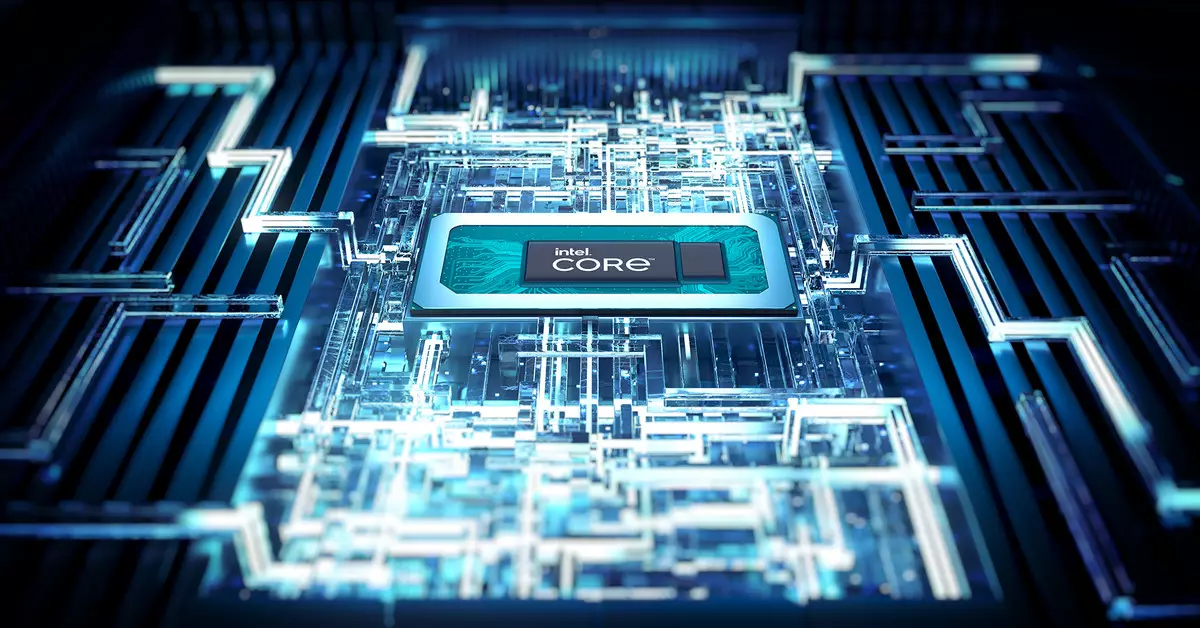After months of speculation and concern, Intel has finally confirmed that its 13th and 14th Gen laptop chips do not seem to be susceptible to the Vmin Shift Instability issue that has affected 24 desktop chips. The company claims that these laptop chips are not affected by the instability issue, which is a relief for many users who were worried about potential damage to their devices.
While Intel asserts that Vmin Shift Instability may not be the only cause of crashes, it is still actively investigating the issue. Despite initial concerns raised by a game developer about the impact on laptop chips, Intel spokesperson Thomas Hannaford has clarified that laptop chips are not affected by the instability issue. This news should put to rest some of the fears surrounding the reliability of Intel’s laptop processors.
In a recent announcement, Intel provided a list of products that are not affected by the Vmin Shift Instability issue. This includes 12th Gen Intel Core desktop and mobile processors, as well as 13th and 14th Gen i5 (non-K) and i3 desktop processors. Additionally, Intel Core Ultra (Series 1) processors and Xeon processors are also deemed unaffected by the issue. This is a reassuring update for users who own these specific Intel products.
Even though most Intel Core 13th and 14th Gen desktop processors are not impacted by the Vmin Shift Instability issue, Intel recommends that users continue to follow specific guidelines. These guidelines include ensuring that the system is running the latest BIOS version, as well as utilizing Intel Default Settings recommendations for their desktop processors. Keeping the BIOS up-to-date is crucial to maintaining the optimal performance and stability of Intel processors.
Looking ahead, Intel has assured users that future chip families, including those on the Arrow Lake and Lunar Lake architectures, will be safeguarded against the Vmin Shift Instability issue. This commitment to protecting future products demonstrates Intel’s dedication to ensuring the reliability and longevity of its chips. Users can rest assured that forthcoming Intel chips will be designed to prevent similar issues from arising.
For users who may have already experienced damage to their desktop CPUs, Intel and PC builders are offering a two-year warranty extension to address any issues related to the Vmin Shift Instability problem. If your CPU is already damaged, it is imperative to contact Intel or your PC builder immediately to arrange for a replacement. Most motherboard makers have released BIOS updates to mitigate the risk of damage to i9, i7, or K-series i5 desktop CPUs, but replacement may be necessary for devices that have already been affected.
Intel’s confirmation that its 13th and 14th Gen laptop chips are not affected by the Vmin Shift Instability issue brings much-needed reassurance to users. With ongoing investigations and proactive measures in place, Intel is taking steps to address the issue and prevent future occurrences. By staying informed and following recommended guidelines, users can continue to enjoy the performance and reliability of Intel’s chips without worry.


Leave a Reply